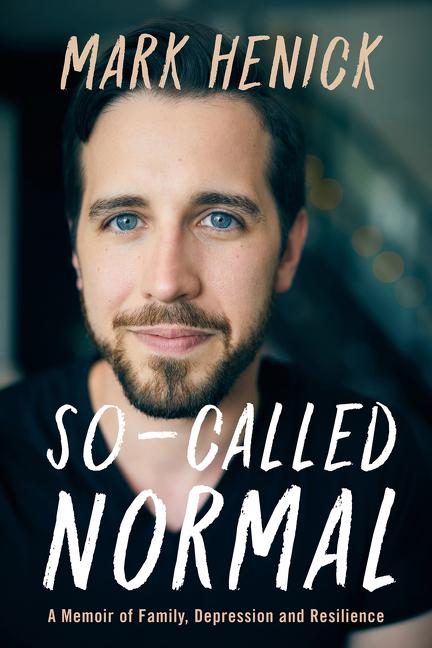I sat in the awkward silence of his big red pickup truck while Gary drove me to school. He didn’t speak the entire way. Over the course of the ten-minute drive, partly over the cratered Tank Road, I felt as though my mind was falling under anesthesia while the rest of me stayed awake. Such a small needle the anesthetist uses, to alter someone’s state so completely. I didn’t know what was happening to me. I could feel, but I was numb; I could see, but my vision was narrow; I could hear, but voices sounded slow and slurred. It was as if my brain was shutting off. I had liked to float away in my imagination before, escaping to the image of the stream in the woods that I had planted in my inner world. But this was new.
Gary pulled the truck up to the curb near the main doors of the school. I got out and he drove away without a second glance. I went inside to my locker in the Pit, fiddled with it for a few seconds and got frustrated that I couldn’t remember the combination. I had used it hundreds of times before, at least four times a day, every day, but the combination had been completely erased from my mind. Intermittent memory loss had been happening more often lately. It happened when I was feeling a lot inside, and even more often when I was feeling a lot but showing nothing at all on the outside. Sometimes the fog was so thick that, when I came out of it, I could hardly remember where I was or how I had gotten there. It was like I just blacked out for a while.
I got up to Mrs. Ivanov’s classroom on the fourth floor, never having gained access to the books in my locker, but the period was almost over anyway. The class of twenty or so grade seven students were sitting quietly at their desks, finishing the test that I was late for. The classroom seemed unusually full and cramped, it felt like the walls were closing in on me. When Mrs. Ivanov saw me from her big desk in the corner, she gestured for me to come over.
“Why are you late?” she asked, in French, without a hello. Her black hair was almost buzz-cut short, her features sharp and angular. She was young, quick and intimidating.
“I’m sorry,” I replied. I really was. “I missed my bus.”
Her hard stare pierced me. Then she looked at her watch, clucked as if to sarcastically wish me good luck and handed me a clean copy of the test. I took the stapled stack of three or four double-sided sheets and found a place at a desk near the middle of the collapsing, claustrophobic room. I pulled a pencil from my bag and looked down at the test. My mind was blank. I couldn’t think. I couldn’t remember the answers, couldn’t remember if I’d even known them in the first place. I couldn’t remember how I got to school. There seemed to be a lot of noise around me. The other kids sat silently, but it sounded in my head as if everyone was talking at once.
The test shouldn’t have been a big deal, but it was. If I didn’t do well, I always felt it was a personal catastrophe. Meeting people’s expectations was important to me, and yet I was failing. I felt dumb and useless at home and at school, and this situation just proved to me that my feelings were justified.
I stared blankly at the page for about five minutes, then spent the remaining ten minutes drawing in the margins. I drew ten different ways I could kill myself. I needed an escape, but imagining myself at the stream in the woods with the sun on my face wasn’t enough anymore. If I couldn’t find a place to feel safe, outside or inside my mind, then I had to kill myself. Absent other salient options, it was my only choice. There’s an internal logic to irrationality.
My inward, downward spiral was interrupted by the ringing of the bell. The remaining ten minutes of the class had passed. “That was quick,” I thought. Even time travel was possible when I slipped away. I sat for a while longer at my desk as people got up and left. I felt like a second-grader again, getting a big zero on my test and breaking down in tears. Except this time I couldn’t cry and be comforted — certainly not when I was surrounded by my peers, and definitely not with this teacher. The social cost would be too great.



